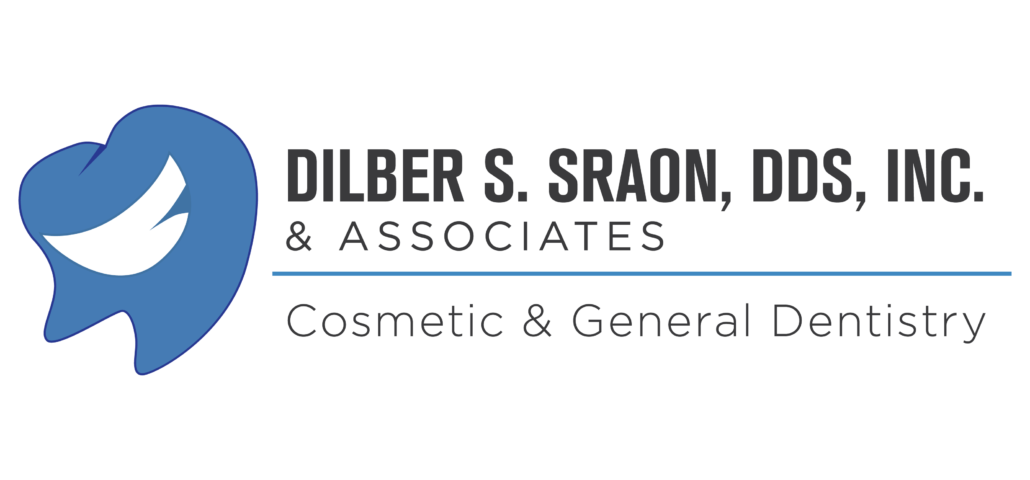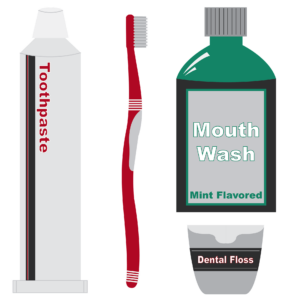Implants vs. Dentures
September is dental implant awareness month! A month dedicated to promoting the benefits of dental implants and celebrating the millions of people who have chosen them to improve and maintain their dental health.
One of the primary reasons that patients choose to get dental implants is tooth decay and loss, which is experienced by almost 100% of the world’s adults. If you fall into that category, you are far from alone, and we can help you restore your smile.
Dental implants feel, function, and look just like natural teeth. If they are taken care of just as well as natural teeth—by brushing and flossing daily—they can stimulate bone growth and last for decades.
Dental implants are a permanent solution to replacing teeth and are designed to act like a natural tooth and root. The tooth sits on a titanium post that is inserted into the jawbone. Inserting the post into the jaw causes the titanium to bond with the bone as it heals to create an anchor and promote bone growth around the artificial root.
This increased bone development strengthens the jawbone to help maintain the original structure of your jaw and prevent the weakened facial appearance that often coincides with bone loss.
Dental implants are an incredibly reliable solution to missing teeth—in fact, they have over a 95% success rate in all patients who choose them. Implants can last for over 20 years if they are cared for just like normal teeth, and they allow your jaw bone to strengthen over time.
Implants, however, are not the only option when it comes to tooth and mouth restoration. Dentures are another common solution for bringing back the look and feel of your healthy, natural teeth, and may be the best option for you depending on your specific situation.
Unlike dental implants, dentures are removable and are designed to replace both missing teeth and the gum tissue your teeth are connected to. The base that acts as the gum tissue is made of a pink-colored acrylic, which sometimes contains a light metal framework for extra support.
Dentures come in more than one size, depending on whether you need to replace all of your teeth in the upper jaw, lower jaw, or both jaws (known as “full” or “complete” dentures), or only some teeth (known as “partial” dentures).
If implants and dentures both sound like good solutions for the tooth loss or decay you’re experiencing, there are some differences that should be considered that can help make the decision between them.
Two of the biggest differences are the invasiveness of the procedure and the availability of jaw bone. Implants involve drilling into the bone, while dentures can be placed into mouths that have experienced bone and gum loss.
Another difference is in the permanence and comfort of dentures vs. implants. While implants will eventually function just like normal teeth, dentures may need to be adjusted or replaced as your face structure changes over time. Because dentures are foreign objects that are placed into your mouth, rather than permanently inserted into the bone, they may not be comfortable at first.
A crucial factor to consider is also the cost. Many insurance plans cover dentures but do not cover implants, because implants may be considered “cosmetic” rather than essential. Do not let this dissuade you from inquiring about either procedure—we will make sure to help you however we can to get you on the way to a brilliant and comfortable smile.
No matter which route you ultimately take, oral hygiene is just as important with dentures and dental implants as it is with your natural teeth. Dentures need to be carefully cleaned upon removal every day, and implants need to be treated just like natural teeth, by brushing, flossing, and coming in for your usual cleanings. Are you due for one? Call us to schedule today!

